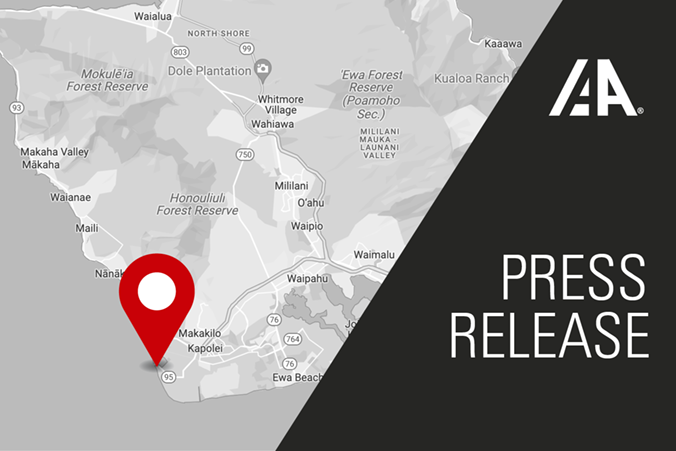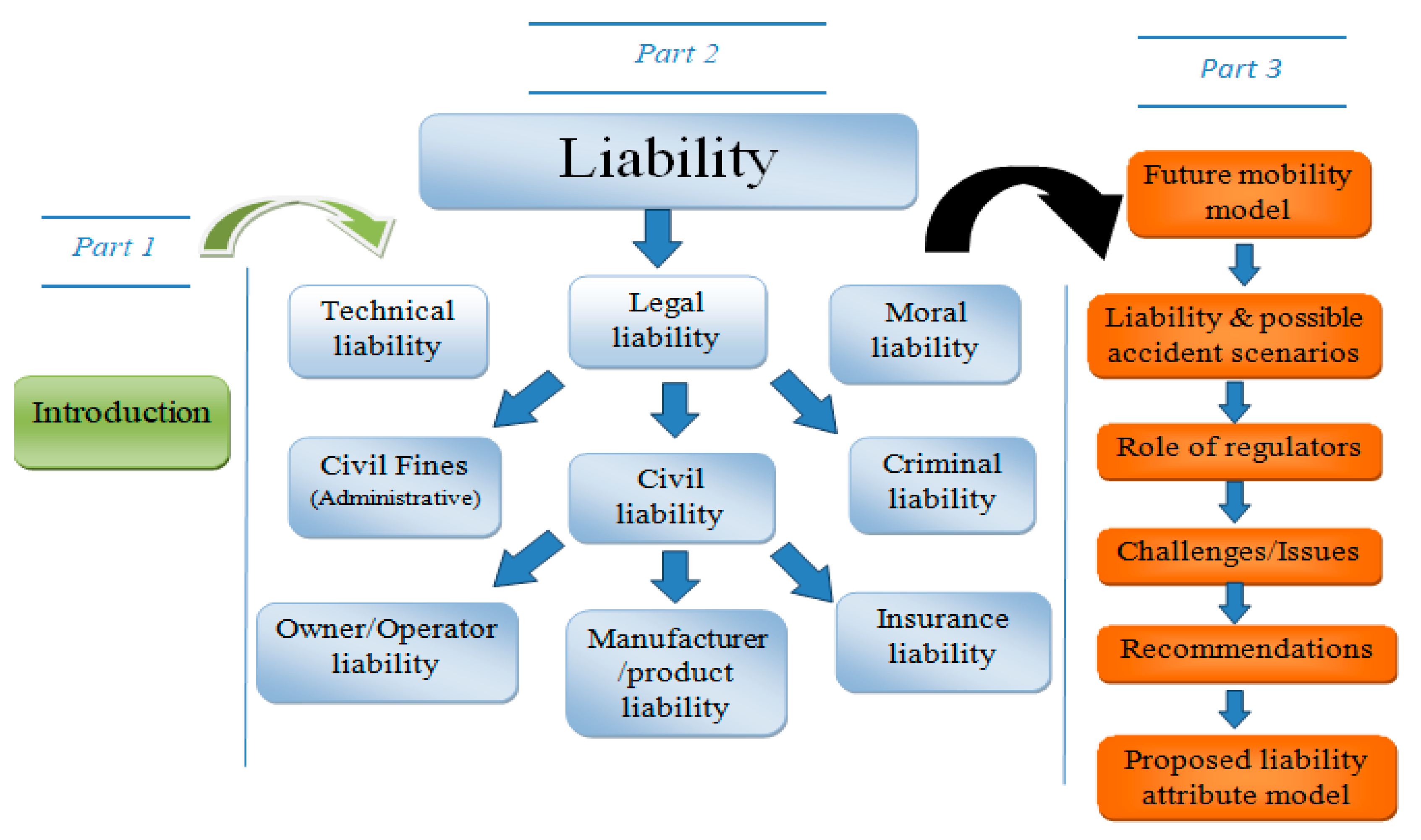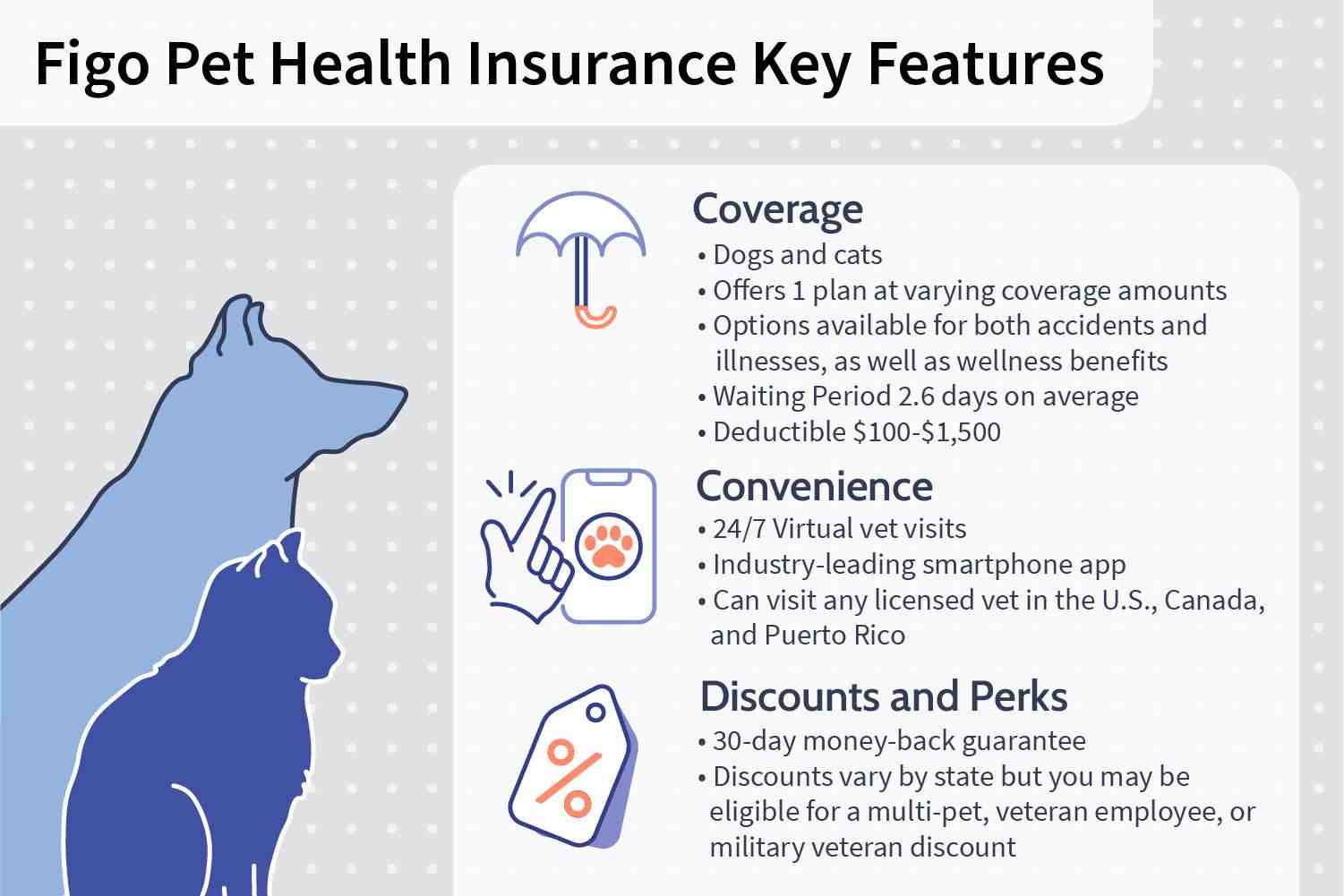ORLAND PARK, Ill. (PRWEB) August 04, 2022
First Chicago Insurance Company (FCIC) is a member of the Warrior Insurance Network (WIN). The FCIC, whose roots date back to 1920, has evolved into a multi-line insurance company and is now expanding its personal auto insurance program to include the state of Pennsylvania. This addition now expands FCIC’s Personal Auto offerings to ten states across the country.
Highlights of the FCIC Personal Automobile Insurance Program include:
Mike Rosenstein, Chairman of the FCIC, explained, “If a person uses their personal car while operating a vehicle as a part-time or full-time rideshare driver for companies such as Uber, Lyft, and Doordash, their insurance may not cover what it might expect, which means they may have to pay for damages out of pocket.That’s why the FCIC decided to provide optional TNC and individual delivery endorsements for our personal auto insurance policyholders.
“The FCIC TNC and Individual Delivery endorsements are available for a flat rate, regardless of the number of hours driven for TNC or Individual Delivery. This offer provides an affordable option that can be added to the FCIC personal auto insurance policy,” Rosenstein concluded.
In addition to a personal auto insurance program, in the state of Pennsylvania, the FCIC offers an extensive FCIC commercial auto insurance program for public and specialty transportation that includes insurance coverage for taxis, limousines , paratransit vehicles, airport buses/limousines, car service vehicles, charter buses and social service vehicles.
Rosenstein said, “For more than 100 years, FCIC has been a pioneer in the personal and commercial auto insurance industries. With decades of experience in the insurance industry, our industry experience and knowledge continues to grow, as we strive to constantly improve our service delivery.”
FCIC insurance policies are sold by independent professional insurance agents serving your area. Your agent will be happy to explain our personal auto insurance program to you and answer any questions you may have regarding your individual auto insurance needs.
(FCIC) is a member of the Warrior Insurance Network (WIN). FCIC, whose roots date back to 1920, has grown into a multi-line insurance company, now offering Personal & Commercial Auto and General Liability in response to the needs of independent producers and corporate customers. In the area of personal insurance, FCIC has further responded to the changing risks and needs of its independent producers by adding optional insurance coverages such as emergency roadside assistance, individual delivery and transport to improve its car offerings for individuals. The FCIC currently offers insurance through independent agencies and online
60638 https://www.FirstChicagoInsurance.com. 888-262-8864
Warrior Insurance Network (WIN) entities include
, Texas Ranger MGA and LoneStar MGA. WIN is a marketing organization serving a select group of independent insurance companies and insurance agents offering a diverse line of personal auto insurance and commercial insurance products. WIN member companies are admitted in the states of
, 60638, IL, 60638. https://www.WarriorInsuranceNetwork.com 844-281-1605 ext. 4230
Read the full story at https://www.prweb.com/releases/first_chicago_insurance_company_introduces_its_personal_auto_insurance_program_in_the_state_of_pennsylvania/prweb18828416.htm
The Chicago renters insurance policy helps pay for property damage, personal injury, and liability claims made against you, and even lost rental income for losses resulting from covered claims.
What does comprehensive coverage mean?
Contents

Comprehensive insurance is coverage that helps pay to replace or repair your vehicle if it is stolen or damaged in an incident that is not a collision. This may interest you : Is it cheaper to buy car insurance online or over the phone?. Comprehensive coverage, sometimes referred to as “other than collision”, generally covers damage caused by fire, vandalism or falling objects (such as a tree or hail).
Is it better to have collision or complete? It’s better to have comprehensive insurance than collision insurance, if you have to choose between the two. Comprehensive coverage is inexpensive, can be purchased on its own, and covers damage from events beyond your control, such as vandalism, theft, natural disasters, or animal encounters.
What is the difference between full coverage and comprehensive?
The difference between comprehensive coverage and comprehensive insurance is that comprehensive coverage is an auto insurance policy that includes both comprehensive and collision coverage along with state minimum requirements. On the same subject : What is the oldest insurance company?. Comprehensive insurance covers damage to a car caused by factors other than accidents, such as theft or fire.
What does comprehensive coverage include?
Comprehensive coverage helps cover the cost of damage to your vehicle when you are involved in an accident that is not caused by a collision. Comprehensive coverage covers losses such as theft, vandalism, hail and hitting an animal.
What is the difference between collision and comprehensive coverage?
Generally, collision coverage kicks in because a driver has a car accident. Comprehensive is a separate coverage from collision. It makes it possible to cover different types of claims that do not generally result from driving the vehicle, such as theft, hail or falling trees.
Is having full coverage worth it?
Comprehensive car insurance is worth buying in many situations. When you include comprehensive and collision insurance policies, you cover the actual cash value of your car. This means that if your vehicle is destroyed in a car accident, you will get about as much as if you had sold it.
What is the difference between comprehensive and collision coverage?
Comprehensive coverage protects your vehicle from unexpected damage, such as a tree branch falling on it or hitting an animal, while collision coverage protects against collisions with another vehicle or object. On the same subject : What are 4 main types of coverage and insurance?.
What are the cons of collision insurance?
| Benefits of Collision Damage Waiver | Disadvantages of Collision Insurance |
|---|---|
| Covers accidents with stationary objects, even if no other car is involved | Does not cover non-collision damage |
| Covers damage caused by other vehicles to your car while parked | Will not cover damage caused by natural disasters |
Are collision and comprehensive worth it?
Having comprehensive and collision coverage can provide vital additional protection, especially if you lease or finance your car or drive a high-value vehicle. You can give up comprehensive and collision coverage if you have a low-value car, or you can afford to pay out of pocket for a total loss.
Is comprehensive and collision the same as full coverage?
The difference between comprehensive and collision is the difference between the damage caused by a tree falling on your car (overall) and the damage caused if you hit a tree (collision). Since comprehensive coverage protects you against a broader set of risks, it will cost you more.
What do u mean by insurance?

Insurance is a way to manage your risk. When you buy insurance, you are buying protection against unexpected financial loss. The insurance company pays you or someone you choose if something bad happens to you. If you do not have insurance and an accident occurs, you may be responsible for all related costs.
What is Insurance & its genres? Insurance policies can cover medical expenses, damage to vehicles, loss of business or accidents while traveling, etc. Life insurance and general insurance are the two main types of insurance coverage. General insurance can further be categorized as clubs in various types of policies.
What are the two types of insurance?
There are two main types of insurance: Life insurance. General insurance.
What are 4 types of insurance?
The bottom line. Most experts agree that life insurance, health insurance, long-term disability insurance, and auto insurance are the four types of insurance you need to have. Always check with your employer first.
What is insurance simple words?
1: an agreement whereby a person pays a business and the business agrees to pay money if the person is injured or dies or to pay the value of lost or damaged property. 2: the amount for which something is insured. 3: personal or property insurance activity.
What are 3 types of insurance?
Next, we take a closer look at the three main types of insurance: property, liability and life.
Why do we need an insurance?
It provides protection against theft, damage from perils like fire and water, and financial liability that could result from an accidentally injured visitor or guest on your property.
Why there is a need for insurance?
Need for insurance Insurance plans will help you pay for medical emergencies, hospitalization, contracting any illness and treatment, and medical care required in the future. The financial loss suffered by the family due to the unfortunate death of the sole breadwinner can be covered by insurance schemes.
What are the 3 most important insurance?
The most important insurance to have
- Car insurance. Car insurance is a requirement in most places if you own a car. …
- Health insurance. Medical care – even a routine visit to the doctor – can be expensive. …
- Disability insurance. …
- Home insurance. …
- Life insurance.
Does insurance cover anything before deductible?

Screenings, vaccinations and other preventive services are covered without you having to pay your deductible. Many health insurance plans also cover other benefits such as doctor’s visits and prescription drugs, even if you haven’t reached your deductible. Your medical care costs not reimbursed by insurance.
Do you have to pay out of pocket before the deductible? In a health insurance plan, your deductible is the amount of money you have to spend out of pocket before your insurance starts paying for some of your health care expenses. The maximum amount disbursed, on the other hand, is the most you will ever spend out of pocket in a given calendar year.
Does insurance not pay anything before deductible?
They don’t have to pay for a deductible before their benefits start. However, they will still pay standard copayments or coinsurance for doctor visits or treatments.
Do you pay everything before deductible?
A health insurance deductible is a specified amount or capped limit that you must pay before your insurance starts paying your medical expenses. For example, if you have a deductible of $1,000, you must first pay $1,000 out of pocket before your insurance will cover the cost of a medical visit.
Is everything free after deductible?
Once you have reached your deductible, your health insurance plan will pay its share of the cost of covered medical care and you will pay your share, or share of the costs.
Does insurance cover things before deductible?
Many plans pay for certain services, such as a checkup or disease management programs, before you reach your deductible. Check your package details. All Marketplace health plans pay the full cost of certain preventative benefits before you even reach your deductible.
What happens before you meet your deductible?
A deductible is the amount you pay for health care services before your health insurance starts paying. How it works: If your plan’s deductible is $1,500, you’ll pay 100% of eligible healthcare expenses until bills total $1,500. After that, you split the cost with your plan by paying coinsurance.
Do you pay 100 before deductible is met?
As mentioned earlier, your deductible is the amount you pay for covered services before your benefits begin. In other words, before you reach your plan’s deductible, you pay 100% of covered medical expenses. This deductible amount can vary from plan to plan and not all plans have one.
What happens when I reach my deductible?
Once you have reached your deductible, your health insurance plan will pay its share of the cost of covered medical care and you will pay your share, or share of the costs.
How do you meet your deductible fast?
How to respect your deductible
- Order a 90 day supply of your prescription medication. Spend a little extra money now to cover your deductible and ensure you have enough medication to start the new year off right.
- Consult an out-of-network doctor. …
- Pursue alternative treatment. …
- Have your eyes checked.
Do you pay everything before deductible?
A health insurance deductible is a specified amount or capped limit that you must pay before your insurance starts paying your medical expenses. For example, if you have a deductible of $1,000, you must first pay $1,000 out of pocket before your insurance will cover the cost of a medical visit.
What is the average renters insurance in Illinois?
The average cost of renters insurance in Illinois per year is $124, which is $35 less than the national average. These averages are based on a policyholder with $20,000 personal property coverage, $100,000 liability coverage, and $500 deductible.
What do Illinois renters cover? Most renters insurance policies in Illinois cover personal property and liability. Personal property coverage refers to the protection of your property against fire, theft, vandalism, etc. Generally, if a property is damaged, the insured will receive compensation for the replacement cost.
Is renters insurance required in Illinois?
Is renters insurance mandatory in Illinois? No, there is no federal law that requires renters to carry renters insurance; however, some landlords may require proof of renter’s insurance as part of the rental agreement.
How much is renters insurance in Illinois per month?
Finding Cheap Renters Insurance in Illinois The average cost of renters insurance in Illinois is $14 per month, or $168 per year.
Do I legally need tenants insurance?
Rental insurance is not compulsory but there are good reasons to get cover with a reputable insurer if you live in a furnished apartment. Landlords are responsible for the building and all fittings inside, as well as the contents if the rented property is provided by them.
Is renter insurance required in Chicago?
Chicago renters are not required by law to carry renter’s insurance, but your landlord may require it. MoneyGeek also recommends renter’s insurance as an inexpensive way to protect your personal property. To find out how much cover you need, assess your assets and the risks.
How much is renter’s insurance Illinois?
Finding Cheap Renters Insurance in Illinois The average cost of renters insurance in Illinois is $14 per month, or $168 per year.
How much is Chicago renters insurance monthly?
The Average Cost of Renters Insurance in Chicago for 2022 Chicago renters insurance is 22.0% lower than the US average. On average, the cost of renters insurance in Chicago is $124 per year or $10 per month.
What is the monthly cost paid by Illinois residents for renter’s insurance?
Illinois renters make up 30% of the state’s population. The average monthly rent is $1,020. For a standard policy with $20,000 personal property coverage, $100,000 liability coverage, and a $500 deductible, a renter in Illinois typically pays an average monthly premium of $10. It is 1% of the monthly rent price.
What is the average cost of renters insurance in Chicago?
On average, the cost of insurance for renters in Chicago, Illinois is $124 per year or about $10 per month. The cheapest option is Lemonade at $5 a month, and the most expensive is Farmers at $14, which means Chicago renters can save up to $9 a month while shopping around.
Can landlord require renters insurance Chicago?
Renters insurance is not required by the State of Illinois or the City of Chicago. However, individual landlords or condominium/landlord associations may require tenant insurance as a condition of rental.
Renters insurance is relatively affordable, costing on average about $18 per month, or $219 per year. Free quotes, secure form, no spam. The cost of your tenant’s insurance depends on the amount of coverage you want, as well as your claims history and location.

